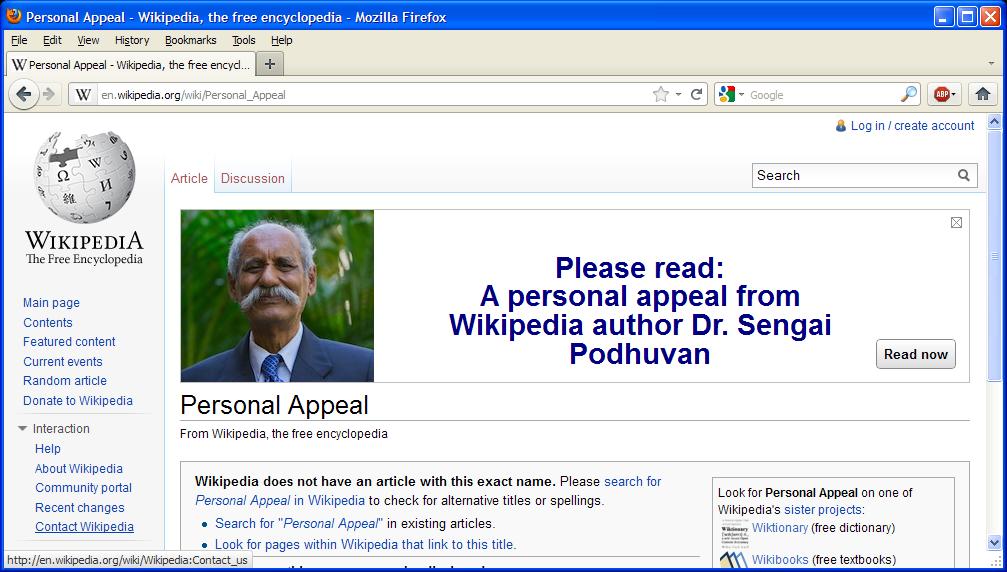On Facebook, a friend posted this billboard:

That’s an abridged version of the King James version of the tenth commandment from Exodus. The full commandment:
Thou shalt not covet thy neighbor’s house, thou shalt not covet thy neighbor’s wife, nor his manservant, nor his maidservant, nor his ox, nor his ass, nor any thing that is thy neighbor’s.
The New International Version looks like this:
You shall not covet your neighbor’s house. You shall not covet your neighbor’s wife, or his male or female servant, his ox or donkey, or anything that belongs to your neighbor.
His photo posting brought a number of rabid responses in disagreement, some of which are along the lines of:
I’ll try to stop coveting a modest job at somewhat reasonable pay. I also covet health insurance, so I’d better watch out for that. I crunched some numbers lately and I guess I’m looking at coveting a home of my own in the not-too-distant future as well.
Note that this is a subordinate, looser definition of the word “covet” where “covet” simply means “want.” There is a difference between “covet” and “want” that you find in the complete commandment:
Thou shalt not covet thy neighbor’s house, thou shalt not covet thy neighbor’s wife, nor his manservant, nor his maidservant, nor his ox, nor his ass, nor any thing that is thy neighbor’s.
In this sense, covet does not mean merely want something like what your neighbor has. It means you want that thing that belongs to your neighbor, and you want to take it. An awful lot of people have been brought up to believe that Keeping up with the Joneses, that is, working hard to earn and buy the accoutrements of the comfortable life or status symbols therein is a rat race and immoral, but that taking it from the Joneses is morally superior.
At the very base, this key difference is at the heart of the current differences. Whether it is right for the government to take from certain citizens to give to other citizens.
Obscuring the argument in the rubric of “fairness” (where the metrics of “fairness” are not consensual but are instead determined by either the people who will be receiving the redistribution or by those who will be doing the redistribution and taking their cut from the top, naturally) doesn’t do anything but try to build an inchoate moral base for the thievery.
Focusing on how Jones got that wealth also hides the key moral issue. If Jones didn’t rob a bank or do something outright illegal, his earnings are his. Whether Jones made more profit than some people think is, again, “fair” by producing or selling a product or service to willing consumers is irrelevant. Even if Jones was selling risky derivatives to people who did not fully understand them, it’s not Jones’s responsibility to completely educate each of his customers. Taking Jones’s earnings ex post facto is theft.
We have a President who actively plays into this covetousness when he says:
Look at the statistics. In the last few decades, the average income of the top 1 percent has gone up by more than 250 percent to $1.2 million per year. I’m not talking about millionaires, people who have a million dollars. I’m saying people who make a million dollars every single year. For the top one hundredth of 1 percent, the average income is now $27 million per year.
This is the covetousness prohibited in the Bible. It is not merely wanting things like the rich have. It is wanting, and taking away, the things the rich have. Since the morally superior rabble can’t take it away from the rich on based on the strength of their sword arms, they want the government to sack on their behalf, and unfortunately the government is currently eager to help out.









